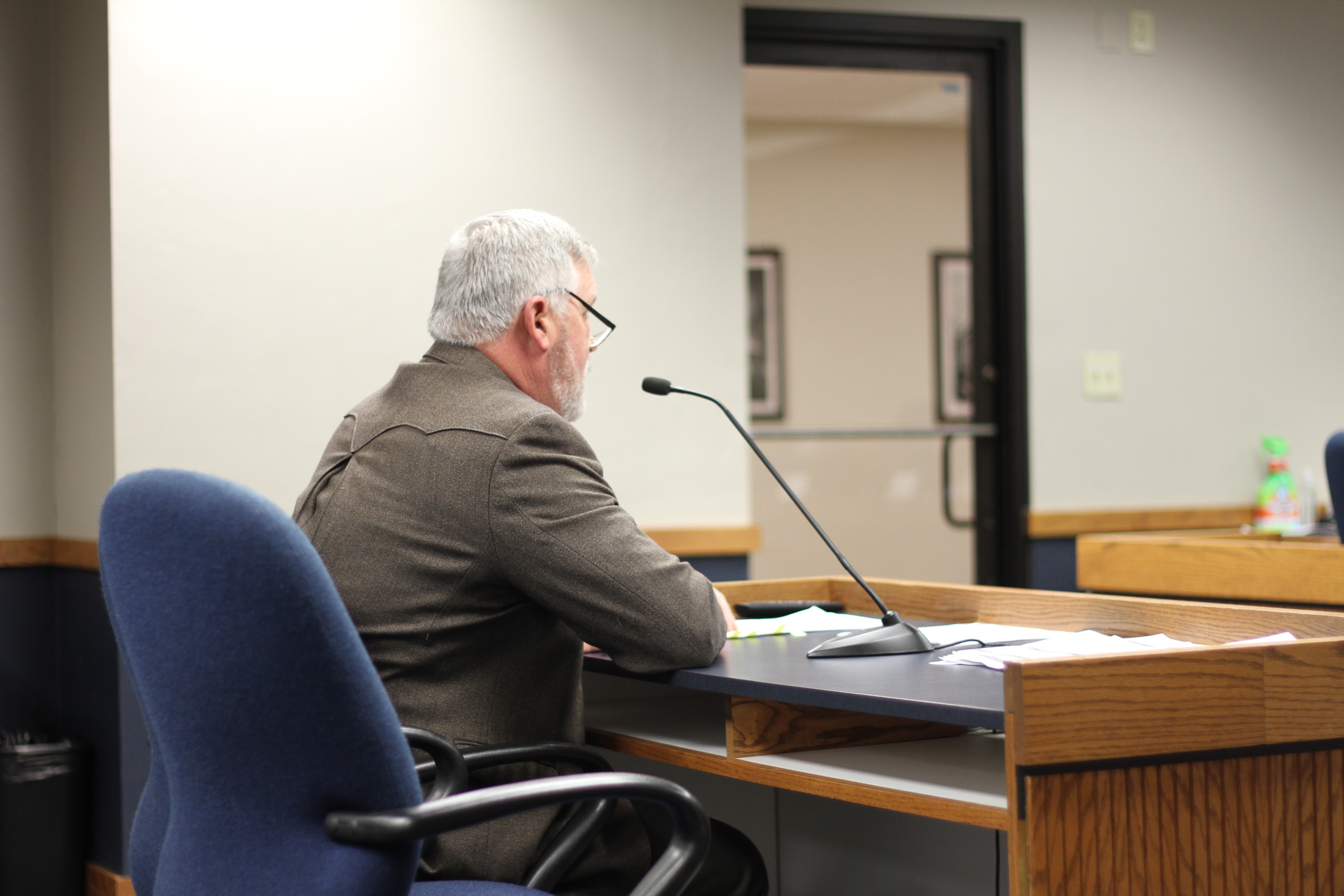JEFFERSON CITY, Mo. — Not all legislation that makes it past the General Assembly is flawless as Missourians found out with the livestock trespass law enacted in 2016.
The problem lies with the wording. The term used was “animal” and of “livestock.”
So, while the intention was to protect ranchers whose livestock trespassed through no fault of the owners by giving them up to 12 hours to provide adequate control of the animal, the bill wasn’t specific to livestock, also encompassing dogs and other such animals.
“This has to be fixed,” Rep. Warren Love, R-Osceola, said. “We have to fix this glitch.”
House Bill 1615 aims to do exactly that.
Under the bill introduced by Rep. Bill Reiboldt, R-Neosho, animal or livestock trespass is defined as when the animal, except livestock, trespasses on another person’s property or when livestock trespasses onto another’s property for 12 hours or more without the own providing adequate control.
There are provisions for hunting dogs and police dogs, according to Reiboldt.
“This fixes the unintended consequences of good legislation,” said Mike Deering, executive vice president of the Missouri Cattlemen’s Association.
The bill was before the House Agriculture Policy Committee on Tuesday. No one spoke in opposition to the legislation. Though there was talk of amending the bill to include trespassing on public property, no action was taken on the bill.
The Agriculture Policy Committee heard four other bills: Animal care training, student-athletes, seniors farmers’ market program and industrial hemp. They took no action on any of them.
HB 1828: Animal care training
Perhaps one of the more debated bills the committee heard pertained to animal care training.
HB 1828 — sponsored by Rep. Jay Houghton, R- Martinsburg — would standardize all animal cruelty and animal neglect training that peace officers obtain. Currently, there is no uniformity in the material taught across the state.
“This allows the state to impose their views on everyone,” Chris Cox, with the Humane Society of Missouri, said.
The bill would require all material being taught to be approved by the State Veterinarian and Department of Public Safety to ensure accuracy.
An anecdotal story was shared of a sheriff attending animal care training where he was given some inaccurate information.
Deering said that this ensures that officers get “the right information,” so that they “know when to bring the hammer down” because animal neglect and abuse isn’t a “black and white issue.”
Consistent training will make sure that everyone is “treated fairly with the same measuring stick,” according to BJ Tanksley from the Missouri Farm Bureau.
The Humane Society of Missouri and the Humane Society of the United States — two separate organizations — both stood opposed to the bill.
The HSUS believes the bill is unnecessary because they already provide a lot of animal abuse and neglect training to law enforcement.
The HSM believes this limits free speech by censoring their material.
“This raises first amendment concerns,” Cox stated. “This is the state controlling your opinion.”
HB 2034: Industrial Hemp
Paul Curtman, R-Washington, is sponsoring the House legislation on industrial hemp that mirrors that introduced in the Senate.
Several of the same people who testified before the Senate Agriculture, Food Production and Outdoor Resources Committee gave the same testimony to the House committee.
Check out Monday’s story on industrial hemp here:

HB 1625: Senior farmers’ market program
There was a strong showing up support for legislation providing seniors access to fresh produce through vouchers for farmers’ markets.
HB 1625 — introduced by Lynn Morris, R-Nixa — would establish the Missouri Senior Farmers’ Market Nutrition Program. The Missouri Department of Agriculture, through a federal grants program with the United States Department of Agriculture, would provide low-income seniors with vouchers to purchase fresh fruits, vegetable and honey at farmers markets, roadside stands or community supported agricultural programs.
The program currently operates successfully in most states — all but 7 states.
“This will bring access to fresh fruits and vegetable to our seniors,” a representative from the American Heart Association said.
HB 1839: Student-Athletes
This legislation — introduced by Houghton — would require the Missouri State High School Athletic Association to provide athletes exhibiting at the state fair with a coach.
MSHSAA requires that all athletes attend 14 practices before playing in a game. For students who show livestock at the state fair, which takes place right before the school starts and thus they miss several practices, they end up missing the opening game. For some who exhibit more than one project and are at the fair longer, they could also miss a second game, which means they’d miss 1/5th of the football season.
Some on the committee didn’t understand the reason for the legislation.
Rep. Deb Lavender, D-Kirkwood, wondered why they didn’t pick and choose, like students who participate in more than one sport do.

Alisha Shurr was a reporter for The Missouri Times and The Missouri Times Magazine. She joined The Missouri Times in January 2018 after working as a copy editor for her hometown newspaper in Southern Oregon. Alisha is a graduate of Kansas State University.














